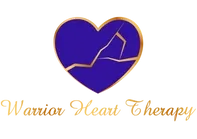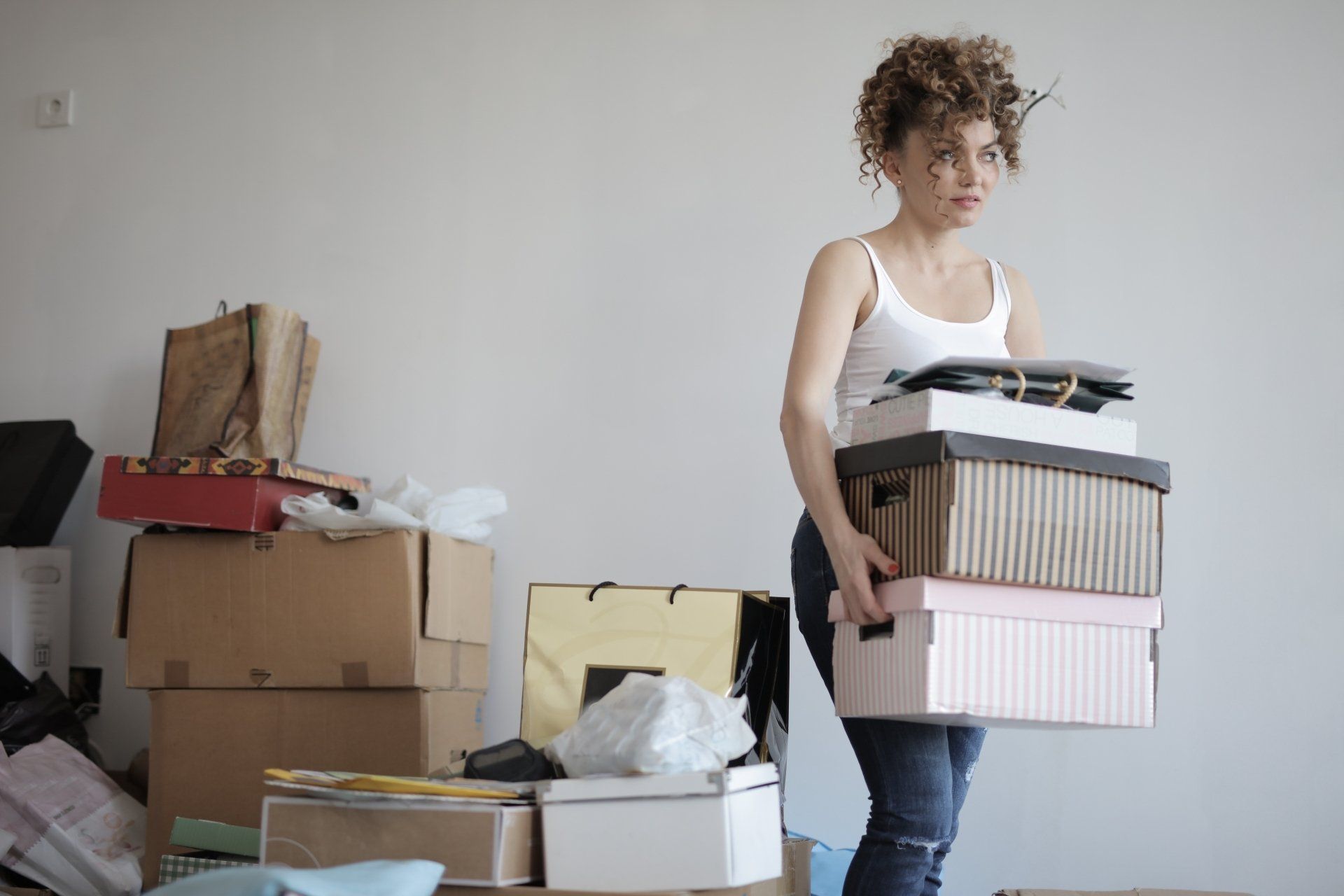Hoarding
Organization Services
Collecting or Hoarding
When does holding onto possession move from harmless to harmful? Sometimes, it's hard tell. There are individuals who compulsively collect things they consider to be important, accumulating so much over time that their possessions take over their lives finding homes, yards, cars, or other places untenable.
It's time to acknowledge that when a person's life begins to be affected by possessions in which they can no longer safely live in an area of occupancy, it's a major problem. Not being able to give up even any portion of their possessions could indicate that they've teetered from simply holding onto valued or important collections and have dove deep into the world of hoarding.
Addressing the Mess
Facing the conditions of hoarding alone can be overwhelming, but you're not alone.
Sixteen million people in the US are categorized with suffering from hoarding disorder. The American Psychiatric Association has finally acknowledged that the hoarding condition is a disorder in its own category. This has allowed hoarding therapists to directly tackle
the condition and focus on how to properly help those who suffer from it on a daily basis.
We at Warrior Heart Therapy understand that hoarding carries a negative connotation, as we prefer to view it as collecting. We are all collectors of our possessions, and we view hoarding as unorganized display of one's possessions. At Warrior Heart Therapy, we will work with you on organizing your collections in a manner to properly display without losing your sense of control.
Reclaim your Space
- Persistent inability to part with any possession
- Inability to give up a possession regardless of its value
- Feeling excessively discomforted if others touch or borrow things
- Distress at the idea of getting rid of things
- Losing or misplacing items
- Inability to use an area of the home for its intended purpose
- Keeping stacks of newspapers, magazines or junk mail
- Allowing trash or food to build up to unusually excessive levels
- Unsanitary objects
- Limited or no social interaction
- Difficulty organizing items
- Misplacing or displacing important items in the clutter
- Procrastination and trouble making decisions
- Indecisiveness, avoidance, and disorganization tendencies
- Moving items from one pile to another
- Inability and unwillingness to discarding anything
- Shame or embarrassment
Hoarding Therapy
Treating people with hoarding disorders can be challenging as many people turn a blind eye in recognizing the signs and symptoms. People fail to realize the negative impact that hoarding has on their lives or the lives of loved ones, and don't or won't believe they need intervention, help, let alone treatment. Hoarding therapy generally follows a similar path as treatment for individuals who suffer from OCD.
We address both hoarding or OCD. In leveraging sessions centered around Cognitive Behavior Therapy (CBT), we help people become acutely aware of their thoughts, emotions, and beliefs around hoarding. We help people identify and challenge inaccurate thought processes. Our therapy extends a hand. By being there first hand with you, we unclutter your life and your mind. We tackle hoarding in person, at your side. We help you tackle floor by floor, room by room, piece by piece. We want to understand why there is a signifcant meaning to something you are holding onto so that we can get down to the root as to why it might be important to you. We work with you to come to an understanding in trying to realize why it might not be as important as once thought. Just imagine what your life would look like if your home and your life were balanced. Over time, the need to hoard can be overcome as learning to take small steps can lead to bigger life changes.
We're here to help.
Schedule your introductory consultation today!
RESOURCES
NEWSLETTER
Newsletter Subscription
We will get back to you as soon as possible.
Please try again later.
All Rights Reserved | Warrior Heart Therapy


